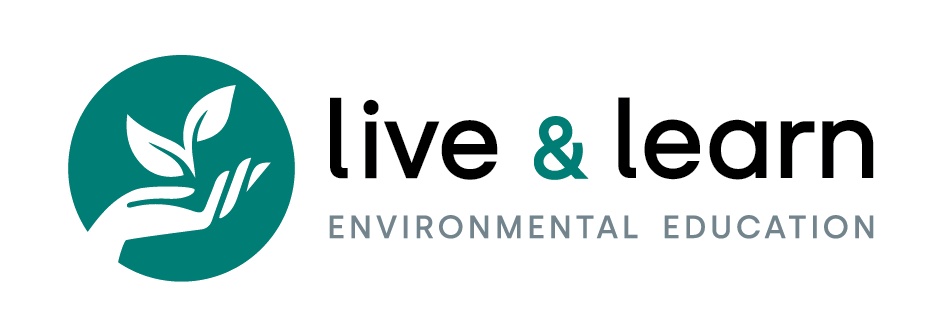In communities across New Ireland Province, Papua New Guinea, there are two types of Indigenous knowledge.
One of these is a spiritual, sacred knowledge that has been held by these communities for countless years. The other is focused on traditional knowledge and skills of working with nature and using the ecosystems around them to sustain their livelihoods over time. This includes understanding the seasons, fishing and planting methods, and the use of medicinal plants, in ways that maintain a balance between nature and humans as they are interdependent on each other.
With the introduction of Christianity and outside influences of early European settlement on the island, and modernisation after independence in 1975, indigenous knowledge and skills of utilising nature for sustenance is slowly dying out in many communities in the New Ireland Province of Papua New Guinea.
‘We’re slowly moving away from Indigenous knowledge and ways of doing things, says Joel Laklen, Climate Resilient Islands Coordinator for Live & Learn PNG (LLPNG). ‘But it differs across the province: some areas are still holding their cultural perspective of taking care of their environment and cultural beliefs, while others have slowly moved away to more Westernised culture.’
Much of this Indigenous knowledge revolved around the ‘hausboi’ and ‘hauskuk’ system, institutions in which young boys and girls respectively would learn their roles and responsibilities in the community from their elders.

‘Hausboi is the highest institution which governs the community in every aspect in our New Ireland culture,’ says Alfred Lurang, LLPNG CRI Coordinator ‘The community chief does all the decision making and the planning in the hausboi for the benefit of the whole community. The younger generations would always stay in the hausboi, get ideas and knowledge about the traditional ways of living, and then they become eligible to move on and build their own house and gardens.’
But this system has been disrupted in many villages, and the roles and responsibilities that were once taught in the hausboi and hauskuk have changed or has been lost. Much planning has moved to individual homes, disrupting the traditional flow of knowledge from one generation to the next.
The Indigenous Knowledge Leadership programme, part of CRI, is seeking to address this. Working with Indigenous knowledge holders such as elders in CRI partner communities and throughout New Ireland. It hopes to strengthen the traditional ways of passing down knowledge either orally or by demonstration, and in helping to revive it in the lives of the younger boys and girls who are now ready to learn these things and transition into adulthood.
Gathering 16 village elders – two from each of the eight CRI communities – as well as renowned community leader John Aini (Conservationist and Founder of a local NGO called Aelan Awareness Inc) – at the IKLP launch event saw significant enthusiasm for the initiative.
‘The chiefs were very happy,’ Joel said. ‘It’s an exciting time. They were really happy about the initiative of CRI to get the different cultures from different communities together, and to bring the old knowledge that’s still sitting somewhere back to the youths of this generation.’
As well as helping the younger people, the communities also understand how strengthening their Indigenous knowledge of their local ecosystems can help them adapt to the challenges posed by climate change.
‘They know climate change, and they have actually seen the effects of climate change, but they don’t always know how to approach it,’ says Jordan Gerson, CRI Operations Manager. ‘This IKLP has really opened up the eyes of the chiefs. They say, “we’re not just going to sit here and think about building sea walls and stuff like this; there are other ways we can approach this Indigenously.”’

These other methods, such as regrowing mangrove systems or adapting their gardening techniques, also go back to the hausboi and hauskuk systems, which allow them to plan more effectively.
Young people throughout the communities are looking forward to this, the team says. Though the IKLP itself is only beginning to be carried out, youths and the elders in some of the communities had started implementing traditional methods of protecting marine life by imposing restrictions to a popular fishing site. Such proactiveness by the communities brings hope that the communities can revive their traditional knowledge.
‘Youths have been participating and giving their points of view in the activities,’ Joel says. ‘The youths involved in the programme always come and participate and talk with the elders.
‘Some had a little bit of an idea about the Indigenous knowledge that’s been used before, they know the knowledge, but they’re not implementing it like before. But through this programme, CRI is gradually bringing things that have been lost back to the community.’

